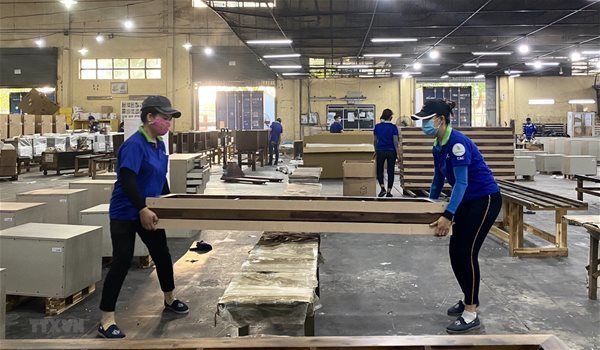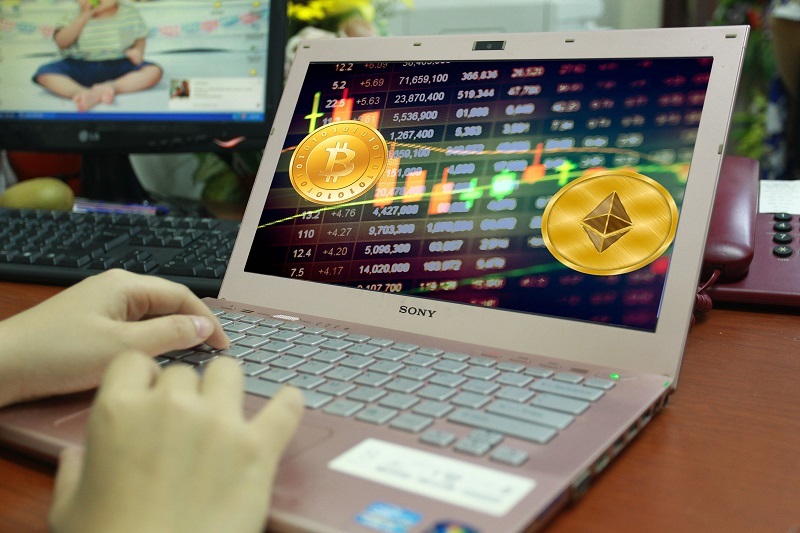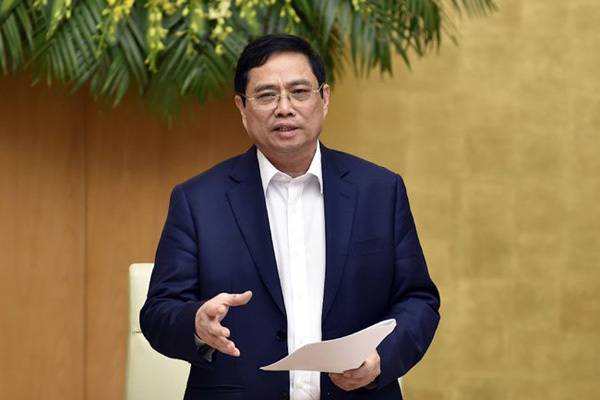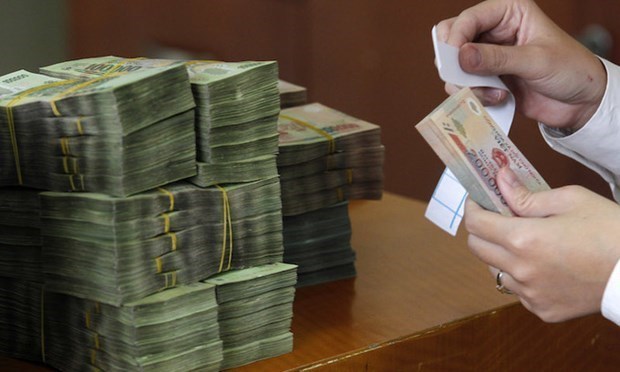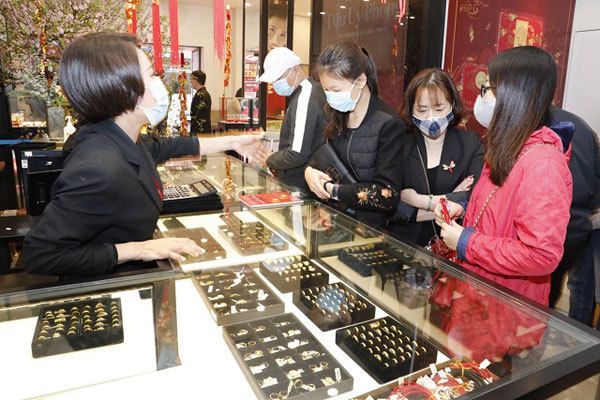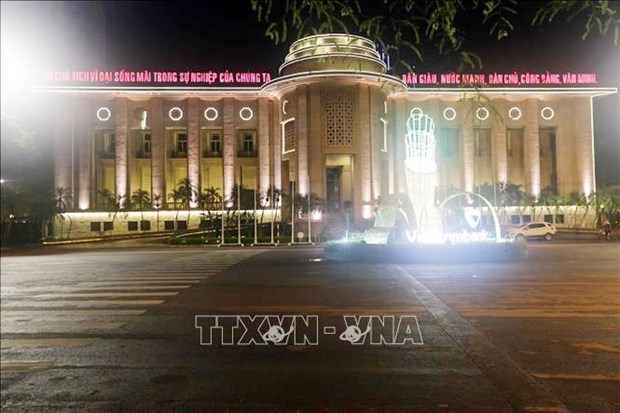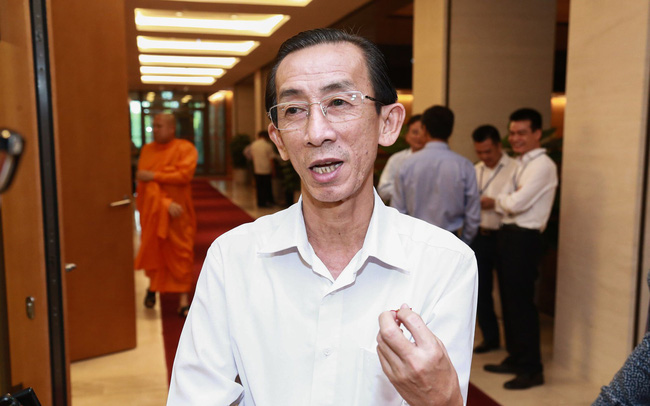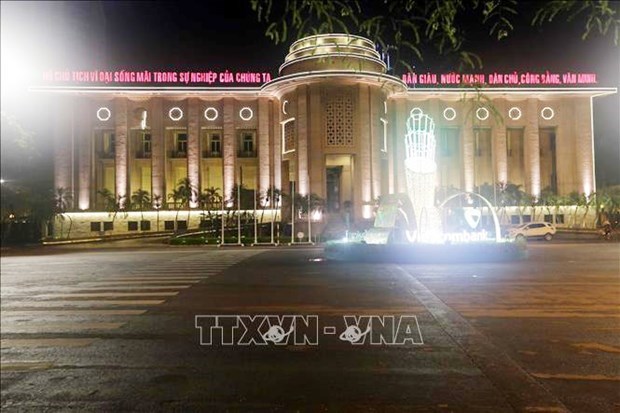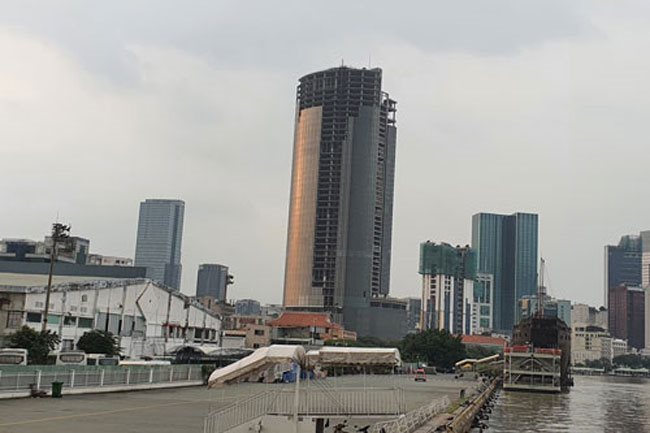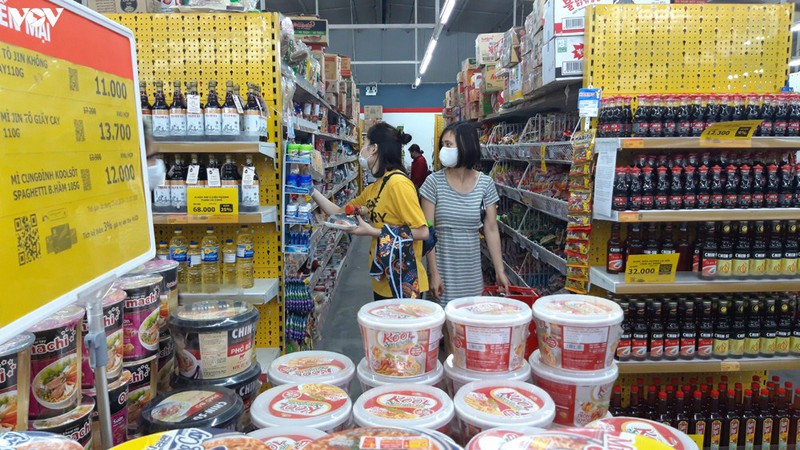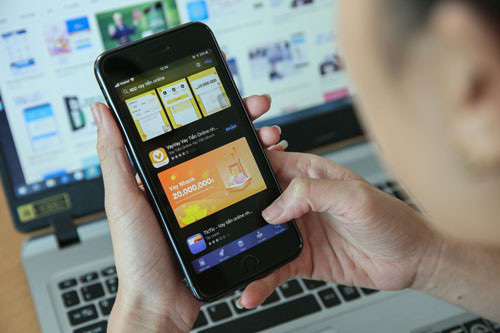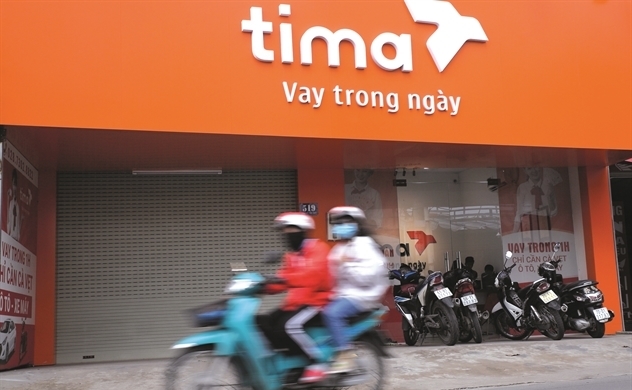- © Copyright of Vietnamnet Global.
- Tel: 024 3772 7988 Fax: (024) 37722734
- Email: [email protected]
SBV
Update news SBV
State Bank agrees to extend debt rescheduling for six months
The State Bank of Vietnam (SBV) has agreed to extend debt rescheduling for customers for a further six months.
Vietnam welcomes US move not to change bilateral trade policy
Vietnam welcomes the US’s latest decision not to take any trade action against the nation concerning the Vietnam Currency Section 301 investigation.
Banking agents: caution will not create breakthrough
State Bank of Vietnam is drafting a decree on non-cash payments which will replace Decree 110/2014. One of the expected policies of the decree is on payment agents, or banking agents.
Vietnam, U.S. reach agreement over U.S.’s designation of Vietnam as currency manipulator
The U.S. Department of the Treasury and the State Bank of Vietnam (SBV) have reached an agreement over the former’s designation of Vietnam as a currency manipulator.
Delicate balance needed to address Vietnam’s property risks: HSBC
The State Bank of Vietnam (SBV) is facing a delicate balance of curtailing excessive lending to real estate developers while reducing imminent Covid-19 risks to the sector, according to HSBC.
Bank deposit interest rates up, as stock market, real estate investing risky
Depositing money at banks is currently the safest and most profitable investment channel, as Covid-19 developments remain complicated and the stock market is "hot" and, thus, risky.
Transactions made via digital channels to reach 70% by 2025
The Vietnamese government will support boosting the application of new payment methods to achieve the digital transformation goals of the banking industry.
Illegal cryptocurrency exchanges turn investors into debtors
All foreign exchange (forex) trading activities in Vietnam are illegal as the authorities have not issued license for any forex trading floor.
PM orders control over capital poured into property sector
Prime Minister Pham Minh Chinh has asked the State Bank of Vietnam (SBV) to closely control the capital injected into the real estate sector to prevent property speculation and ensure that property projects meet the demands of residents.
Vietnam applauds positive adjustment in US Treasury Department’s report
The US Treasury has removed Vietnam from the list of countries labeled as currency manipulators.
Central bank expected to grant gold import license
Vietnamese people are overpaying to own a same amount of gold as their international peers, said an expert.
Flexible, cautious monetary policy management bears fruit
Vietnam’s economy was adversely affected by the COVID-19 pandemic in 2020, along with natural disasters and the impact of trade conflicts.
Experts explain why Vietnam should not be considered “currency manipulator”
The U.S. Department of Treasury’s decision to label Vietnam as a “currency manipulator” is not satisfactory given the country’s real conditions.
US’s branding of Vietnam as money manipulator biased: Experts
The US Treasury Department’s labelling of Vietnam as a currency manipulator is biased, as it is only based on US standards and lacks suitable consideration as well as recommendations from international organisations, according to experts.
Vietnam likely to have debt exchange
The State Bank of Vietnam has asked the Vietnam Asset Management Company (VAMC) to come up with a plan to establish a debt exchange and submit it to the competent agencies for approval.
Central Bank expected to cut key rate to aid economy
The inflation in 2020 is forecast at 3.3%, significantly lower than the target of 4% set by the government.
Black credit with interest rates of up to 1,400% per annum bleed borrowers dry
It is now easier than ever to borrow money through apps, but paying back the debts can be difficult since interest rates can be 700-1,400 percent per annum.
As bank deposit interest rates fall, people prefer investing in real estate
Individual investors are increasingly buying real estate bonds and land rather than depositing money in banks, which have reduced interest rates on deposits.
Banks ask for higher credit quota to prepare for peak lending season
Despite a credit slowdown in the first half of 2020, some private commercial banks have still asked the State Bank of Vietnam (SBV) for a credit growth expansion to prepare for a peak lending season expected at the end of the year.
VN State Bank designs 'sandbox' for P2P lending
 Peer to peer lending (P2P Lending) will become legal in Vietnam after a draft decree on fintech management is compiled.
Peer to peer lending (P2P Lending) will become legal in Vietnam after a draft decree on fintech management is compiled.



